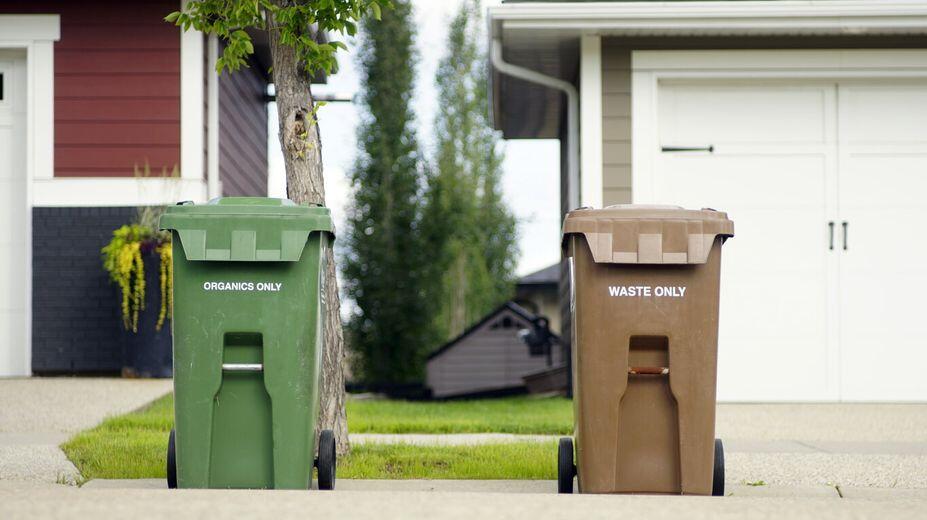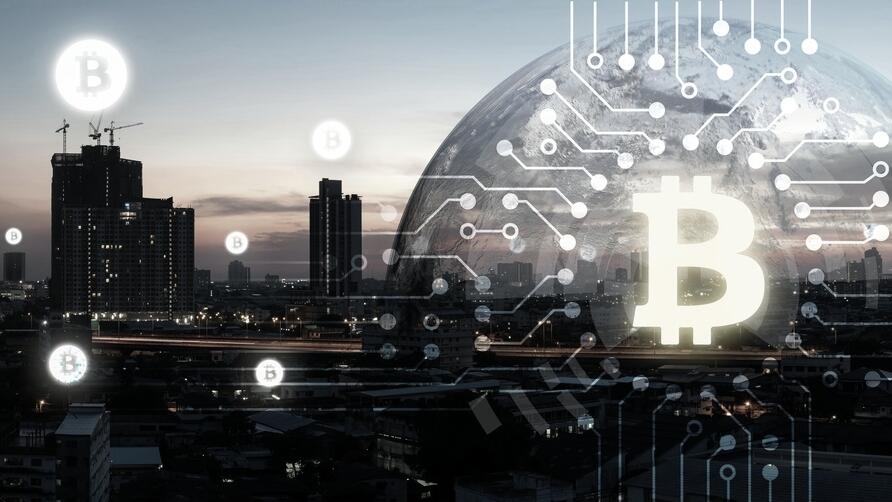 Circular Economy
Circular EconomyTop Circular Economy Trends & Innovations
Summary
This study delves into the concept of a circular economy, which prioritizes converting waste into valuable resources and encouraging product reuse. StartUs Insights employs their Big Data and AI-driven Discovery Platform to pinpoint startups and technologies that are influencing the Circular Economy. Their analysis encompasses 3,964 startups, unveiling eight prominent trends and 16 innovative solutions.
The circular economy trend is revolutionizing waste management through multiple avenues, such as resource generation from waste, IoT-driven waste collection optimization, and AI-assisted waste sorting. It also champions sustainable practices like product reuse, repair, and remanufacturing. Blockchain technology plays a crucial role, enabling product traceability and rewarding eco-friendly behavior.
Circular economy startups operate globally, with a strong presence in Western Europe, a growing footprint in the US, and increasing activity in Asia, particularly China and India. These startups are crafting ingenious solutions across various industries, transforming waste into valuable resources and driving sustainability.
Open full article
Top Circular Economy Trends & Innovations
The trend report discusses the concept of a circular economy, where waste is turned into resources and products are reused and repaired. StartUs Insights uses their Big Data and AI-powered Discovery Platform to identify startups and technologies impacting the Circular Economy. They analyze a sample of 3,964 startups and present the top eight trends and 16 solutions.
The circular economy trend is impacting waste management through various solutions like generating resources from waste, optimized waste collection with IoT, and AI-powered waste sorting. Startups are also focusing on sustainable practices such as reusing, repairing, and remanufacturing products. Blockchain technology supports circularity by allowing traceability of products and rewarding positive behavior. The global distribution of circular economy startups is highest in Western Europe, with increased activity in the US, Asia, particularly China and India.
16 hand-picked startups are developing solutions to upcycle waste into resources. Danish startup WAIR turns textile waste into vegan and sustainable sneakers using recycled materials. British startup SEaB Energy generates on-site energy from waste using anaerobic digestion. The circular economy trend aims to upcycle waste into energy, reducing waste in landfills and providing clean energy. Startups are focusing on waste upcycling solutions in industries such as energy, food, agriculture, and fashion.
The fashion industry is upcycling textile waste to create new apparel, reducing costs and promoting sustainability. A startup called Reuse assigns digital identities to materials and products to facilitate reuse options. German startup VYTAL produces reusable food packaging and offers a return system through a mobile app. Sharing platforms and reusable packaging are also trending in the circular economy.
Startups offer digital platforms and smart bins that help businesses and municipalities reduce waste disposal costs and carbon footprint. They utilize IoT technology to optimize waste collection routes, monitor trash levels, and generate reports on waste patterns and usage. These solutions aim to improve efficiency in waste management and reduce unnecessary collection trips.
Solutions leveraging sensors, IoT platforms, and mobile applications are being developed to optimize waste management processes. For instance, smart bins provide real-time fill level updates to waste collectors, improving efficiency and reducing unnecessary visits. Greek startup Recytrust has created an IoT-based digital weight scale that monitors waste and generates alerts. Recycleye, another startup, utilizes AI vision systems to sort and classify waste items. French startup Lixo offers hardware and software tools that connect to waste management infrastructure and provide real-time analysis and tracking of waste flows. The use of AI-powered sensors helps separate and sort different materials for recycling.
AI in waste management detects chemical contamination and sorts recyclables faster than humans, reducing manual labor and cutting costs. British startup RECYCLEYE uses AI and robotics for automated waste management solutions. Italian startup MOGU offers mycelium-based materials for interior design, using strains of mycelium grown on pre-engineered substrates. Companies are producing bio-based materials from renewable resources, contributing to the circular economy trend. These materials are compostable and easier to recycle.
Companies and consumers are finding ways to reduce their carbon footprints in various industries such as packaging, construction, healthcare, and automotive. Startups are developing sustainable packaging solutions, such as compostable packaging and edible cutlery, to reduce the use of fossil-based plastic. There is also a shift towards bioplastics and materials derived from biomass sources like wood chips, sawdust, recycled food waste, and fungi. British startup Teysha Technologies offers a natural polycarbonate platform that creates a wide range of products to replace damaged components in laptops. US-based startup Resolute Industrial offers remanufactured screw compressors, reciprocating compressors, and air-cooled chillers by inspecting and reconditioning returned parts. Both recycling and remanufacturing help reduce waste, but recycling requires more energy to dismantle products, while remanufacturing involves rebuilding products to their original condition with reused components.
Advanced technologies like laser metal deposition (LMD) and blockchain are being used to repair and remanufacture products, reducing capital investment expenditures and carbon footprints. Circular Computing repairs and repaints laptop parts to improve performance and reduce waste. Blockchain platforms enable manufacturers to digitize materials and track sustainability metrics, while NatureCoin uses a decentralized reward system to incentivize recycling and track carbon footprint reduction. These technologies support the circular economy and help make evidence-based environmental policies.
Startups are using blockchain technology to ensure transparency and traceability in supply chains, particularly for sustainability claims. This includes initiatives like the Carbon Tracing Platform, which traces carbon emissions in the mining industry. Startups are also incentivizing circular behavior by rewarding consumers for returning packages or practicing circular consumption. Dutch startup Circularise uses blockchain to trace materials in supply chains, while Veras offers repair services for garments. These efforts aim to extend the lifecycle of products and reduce waste.
Repair solutions are an important circular economy trend that helps extend product life, reduce waste, and save costs on raw materials. German startup FixFirst develops software that digitizes repair and maintenance services. Immersive technologies like augmented reality and virtual reality reduce the need for physical interactions and resources. Food sharing applications prevent food waste and the fashion industry is turning to circular manufacturing practices. Smart recycling, upcycling, and new sustainable materials are also transforming industries.
You can download the full study here


